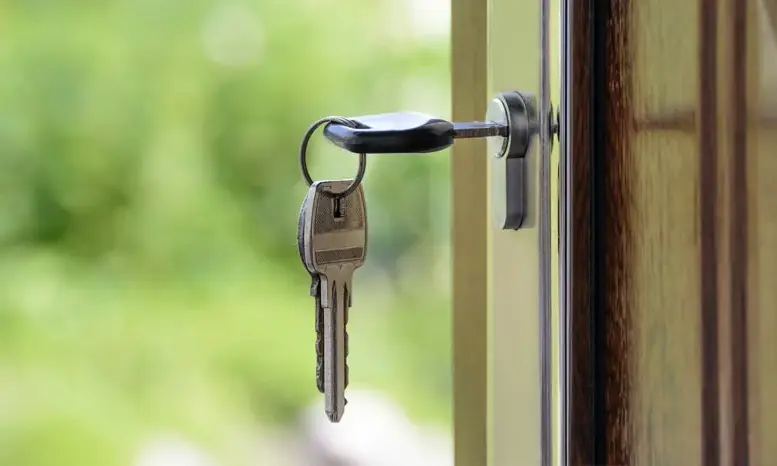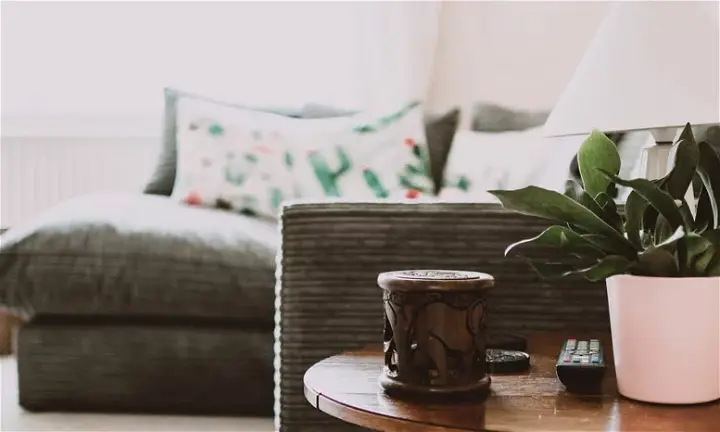
Buying rental property: How the buy to let scheme works
Buying rental property can be a great investment but, it can also be daunting if you don’t know where to start. The buy to let scheme offers mortgages to people who want to buy a house or flat in order to rent it out. These mortgages are slightly different to normal ones, and often have different requirements and rules. However, like normal mortgages, the buy-to-let scheme lets you buy a property without having to save up to pay it all at once.
What’s the difference between a buy-to-let (BTL) mortgage and a regular one?
Unlike standard mortgages, BTL mortgages are usually interest only, meaning you don’t pay back any of the actual loan each month; you only pay back the interest being charged. This means that you’ll still have to pay off the amount you paid for the property at the end of the mortgage.
This type of mortgage also normally requires a higher deposit as it is more risky for the lender. You’ll also most likely have to pay higher fees, a higher interest rate and a higher stamp tax for the property - the latter being due to it not being your main home.
Who can get a buy-to-let mortgage and how?
Those applying for a BTL mortgage will normally need to own the property they live in outright or have a mortgage on it; some banks will require them to have lived there for a certain amount of time, e.g. six months. Banks will often require applicants to earn at least £25,000 and to have a good credit score. There is also normally an upper age limit, meaning you won’t be able to be older than 70 (or 75, depending on the bank) when at the end of the mortgage.
If you’re planning on buying rental property with the help of a BTL mortgage, you’ll need to do some research so you get the best deal for you. Most big banks offer this type of mortgage but it’s advisable to talk to a mortgage broker as they’ll help you choose the right one.
Things to keep in mind
When buying rental property, there are some things you’ll need to keep in mind - both before you purchase and while you’re renting out a house or flat.
- Being prepared for periods of time when you won’t have a tenant Renting out a house comes with the risk of there being times when you won’t have a tenant for a couple of months. However, not having a tenant doesn’t mean you can skip repayments on your mortgage so you’ll need to make sure you have enough money saved to cover you if you find yourself in this position. A good way to do this is to put some money aside each month, while you do have tenants, to cover the months without.
- Paying back the mortgage at the end As previously mentioned, BTL mortgages are different to normal ones, and you often only pay back the interest each month, rather than some of the loan. Therefore, you will have to pay it back at the end of the mortgage period. Landlords often rely on selling the property at the end of the mortgage to repay the loan, however you shouldn’t rely on this as house prices may decrease and you could be left to pay the difference. We advise, like with preparing for not having a tenant, you put aside money while you’re still renting out a house to cover paying back some (or all if you’re earning enough) of the loan at the end.
- Taxes and Fees If you’ve ever owned another property, you’ll have a pay a higher Stamp Duty Land Tax on your buy to let property. This is currently set at 3% more for properties worth more than £40,000. Find out more about the Stamp Duty Land Tax here. The income you earn from renting out a house out will be subject to Income Tax and you’ll need to complete a Self Assessment tax return each year. The amount you’ll be taxed will depend on your income, but the rate will be 20%, 40% or 45%, however, you may offset your rental income against certain expenses related to renting out the property - for example, letting agent fees, council tax or repairs you’ve had carried out. If you choose to use a letting agent to help you rent out the property, you’ll need to factor in their fee each month as well.


